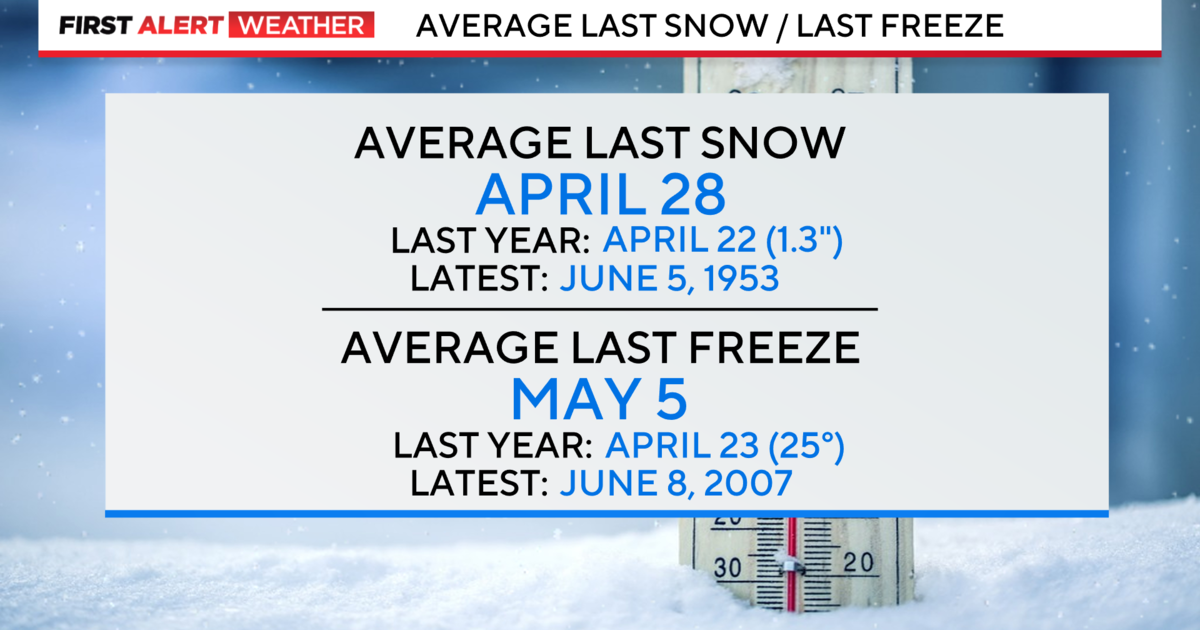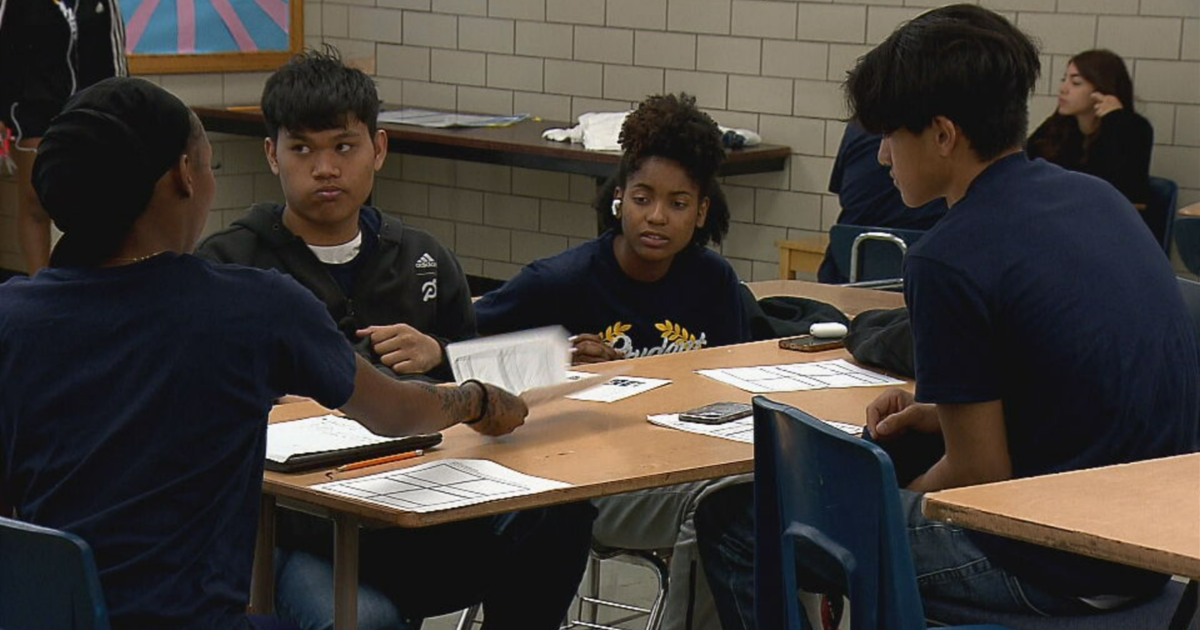Suspect In Wesleyan Killing Choses Bench Trial
MIDDLETOWN, Conn. (AP) -- A man charged in the shooting death of a Wesleyan University student chose on Thursday to have a three-judge panel hear his murder trial.
Stephen Morgan of Marblehead, Mass., is charged in the May 2009 killing of 21-year-old Johanna Justin-Jinich of Timnath, Colo., in a bookstore cafe near the school's campus.
Morgan, 30, appeared in court Thursday wearing a tan prison-issued shirt and pants and his legs were shackled. His hair and beard were close-cropped.
As his parents looked on from the small audience, he answered "yes" and "yes, your honor" several times as Judge Susan Handy asked him if he understood the rights he was giving up by choosing a three-judge panel over a jury.
Handy, who is expected to be the lead judge on the panel, scheduled the trial over six non-consecutive days beginning Nov. 30 and ending Dec. 14. More days would be scheduled if needed.
After the brief appearance, Morgan's lawyer, Richard Brown, explained his client's decision.
"Our concern is ... that it may be difficult for a jury panel to put their emotions aside and decide the case," Brown said.
"This is a very difficult case," he continued. "It's a tragedy. There's no question about it. The family (Justin-Jinich's family) suffered a great loss."
Brown is expected to mount a defense that Morgan suffers from a mental disease or defect. Such defendants often choose three-judge panels because of the complex legal issues.
Police say Morgan killed Justin-Jinich two years after she filed a harassment complaint against him when they attended New York University.
Justin-Jinich was working at The Red and Black Cafe inside Broad Street Brooks in Middletown, when Morgan allegedly walked in wearing a wig and shot her several times.
The shooting caused a scare on the Wesleyan campus over two days. After the shooting but before Morgan's arrest the next day, police found his journal in his car and announced that Morgan wrote about killing Justin-Jinich, going on a shooting spree and targeting Jews.
Morgan surrendered without incident the next night about 10 miles away at a Meriden convenience store.
At the hearing Thursday, Handy explained to Morgan that he could be committed to the state mental hospital for criminals for up to 75 years and possibly longer if the judges find him guilty of murder and accept his insanity defense. If the judges find him guilty but reject the insanity defense, Morgan would face 25 years to 75 years in prison.
Unlike a jury, the three judges would not have to be unanimous in their verdict on the murder charge. The presiding judge on the panel would decide alone whether Morgan was guilty or innocent of the two remaining charges: intimidation by bias and carrying a pistol without a permit.
The state's chief court administrator will name the members of the three-judge panel.
by Dave Collins, AP Writer (Copyright 2011 by The Associated Press. All Rights Reserved.)



